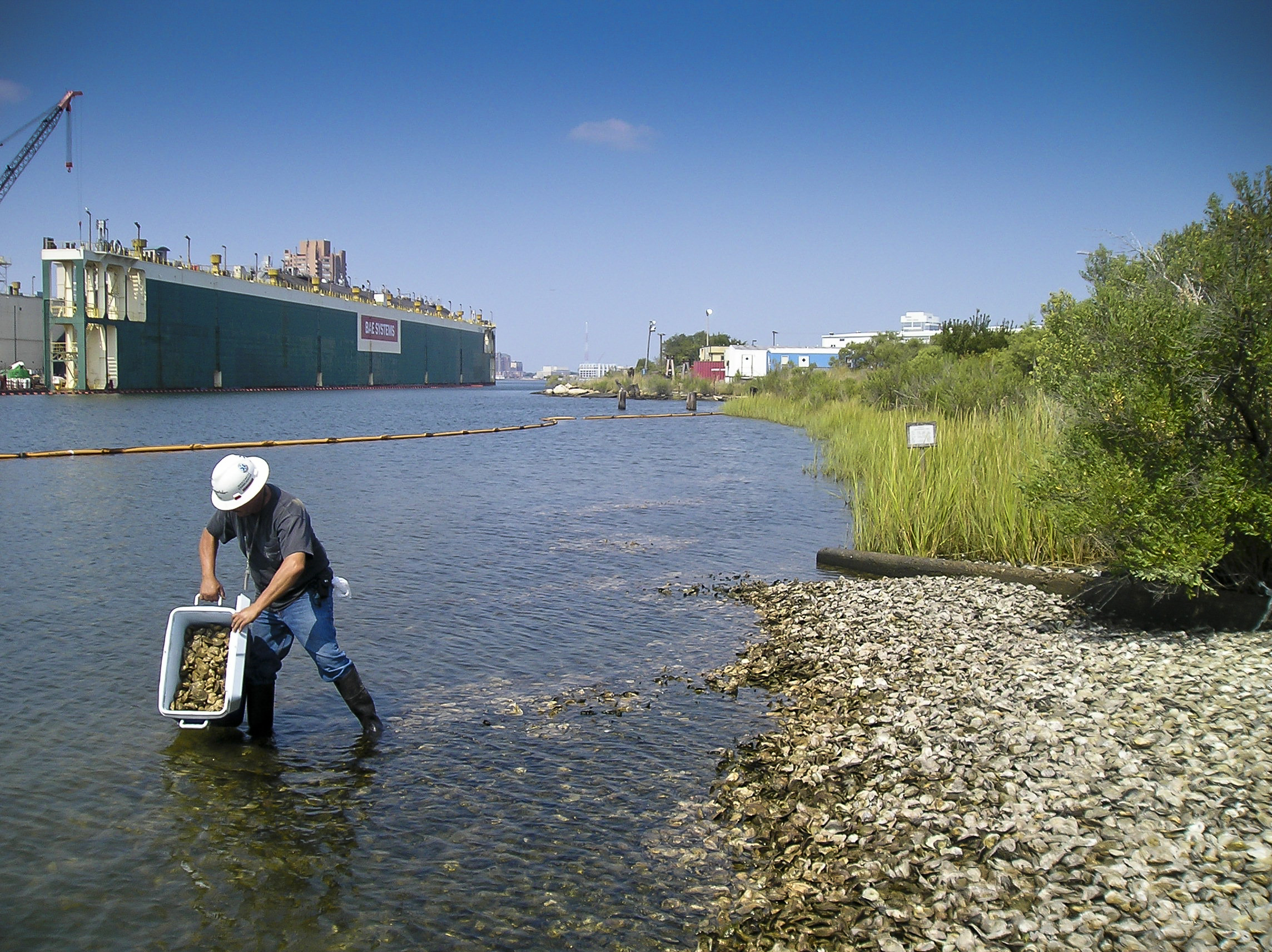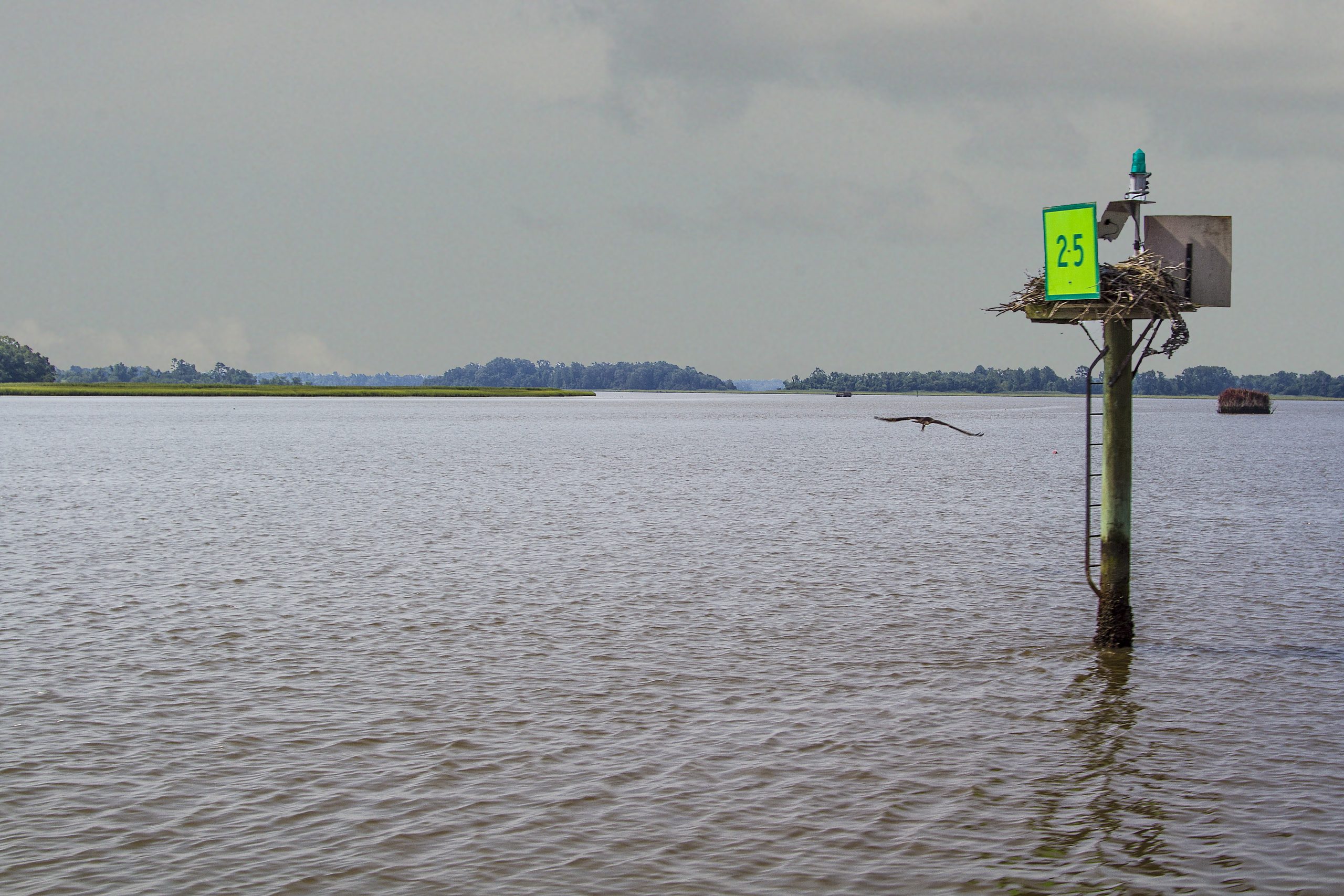DR. JOHN C. MORRIS, PROFESSOR OF POLITICAL SCIENCE, SHARES ABOUT HIS WORK IN WATER POLICY
Tell us about your background and current position.
I joined the faculty at Auburn in 2019 as a professor of political science and public policy. Prior to my appointment at Auburn, I held joint appointments as a professor of public administration in the School of Public Service and professor of Political Science in the Department of Political Science and Geography at Old Dominion University. I also served as an associate professor in the Department of Political Science at Mississippi State University from1994-2002.
I have studied environmental policy and water policy for more than thirty years, and I’ve published widely in public administration and public policy. Prior to my work in academia, I served as a program evaluator for a firm in Washington, DC, and consulted with several local governments. I am the author, co-author, or co-editor of twelve books, and have published more than 130 journal articles, book chapters, reports, and other publications. I’m also an Auburn graduate—a ‘three-time offender—” 1982 (BA); 1985 (MA); and 1994 (Ph.D.). Returning to my alma mater after 25 years and being able to help train the next generation of policy scholars is quite an honor!

Dr. John C. Morris, Professor, Department of Political Science, Auburn University
What are your current research interests?
How do they relate to water?
My research has focused on the murky world of wastewater policy, with a particular focus on how the national government and the states fund wastewater infrastructure. My latest book, Clean Water Policy and State Choice: Promise and Performance in the Water Quality Act (2022, Cambridge University Press), is a detailed history and analysis of the Clean Water State Revolving Fund, the largest wastewater infrastructure program in the US.
A current book project (forthcoming 2023) compares state drought policy in California, Texas, and Alabama. A second stream of current research focuses on environmental governance and multi-sector collaboration. I am particularly interested in questions related to the intersection of these areas– how public/private/nonprofit relationships and organizational arrangements impact the implementation of environmental policy and the distribution of resources from those policies. A portion of this research stream explores how grassroots environmental groups employ social capital to accomplish their environmental goals.
More recently, I’ve begun an international comparative project that will examine water infrastructure (wastewater, drinking water, flood control, irrigation, etc.) and the resilience of water infrastructure to climate change. This work is being done in conjunction with colleagues in the Netherlands and Germany.

A wastewater treatment plant, Auburn AL. Photo Credit: John Morris
What aspects of your work are you most excited about in upcoming years?
The questions surrounding water infrastructure and climate change resilience are perhaps some of the most pressing questions of the 21st century. Climate change not only shifts patterns of water availability, but also places existing infrastructure at risk from severe weather events. Whether the problem is a loss of glacial melt in the Andes, or the inundation of a wastewater plant on Long Island following a hurricane; or failing drinking water systems after a freeze in Jackson, MS; or a failed dam due to torrential rains in northeast Libya, it is nearly impossible to escape the frank effects of climate change on existing infrastructure. Our ability to adapt to changing conditions, design infrastructure that is more resilient to these changes, and to have the policy foresight to direct public and private resources to effective solutions are all interconnected issues.

Replentishing Oyster Bed, BAE Systems Shipyard, Norfolk, VA.
Photo Credit: John Morris
What’s the best carrer advice you’ve ever recieved?
Be true to your own passions. There are lots of interesting questions out there, but it’s important to pursue the questions about which you are passionate, not the questions someone else thinks you ought to pursue. If you love what you do, it’s not really work!

Channel Marker and Osprey Nest, Nansemond River, Suffolk, VA.
Photo Credit: John Morris
